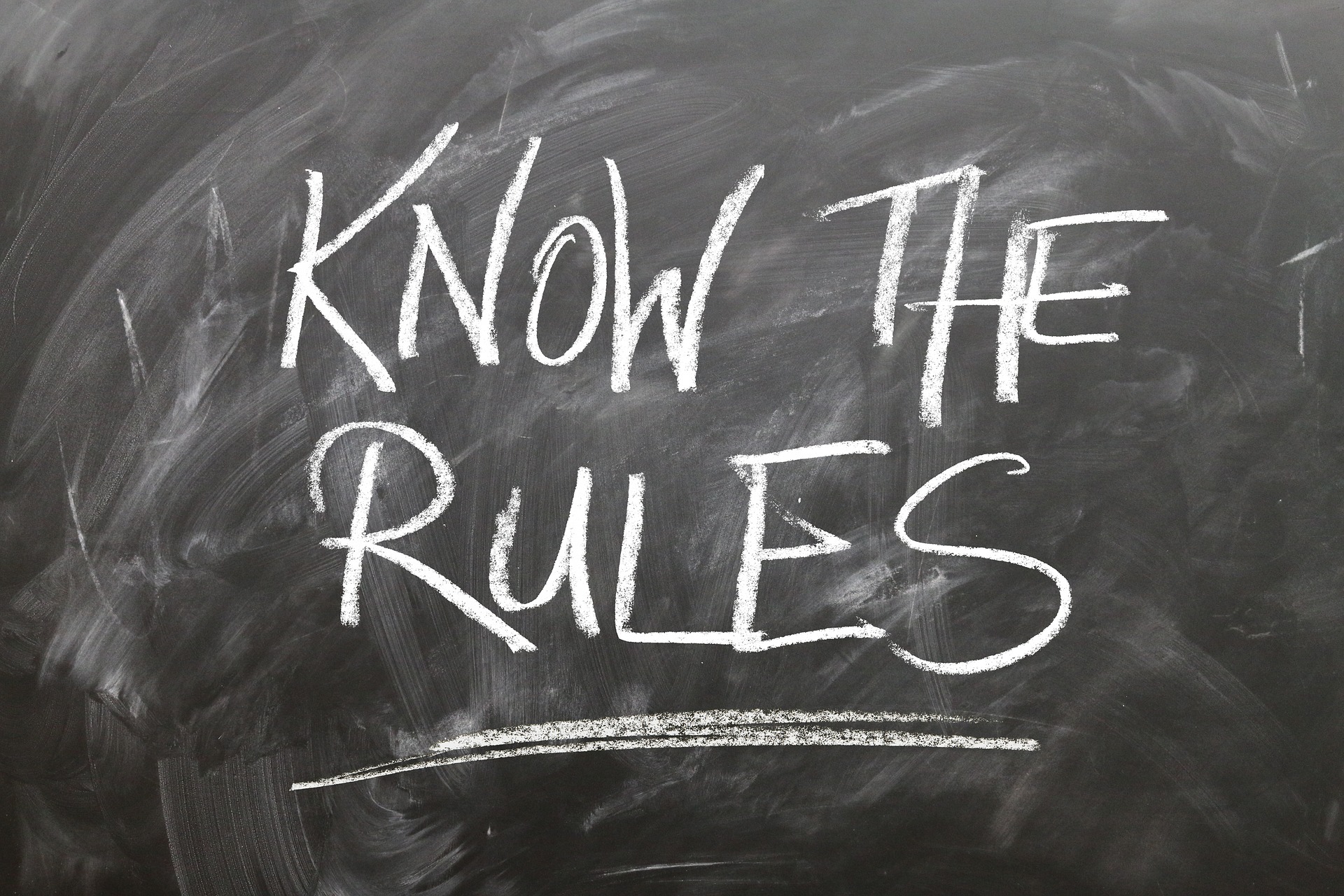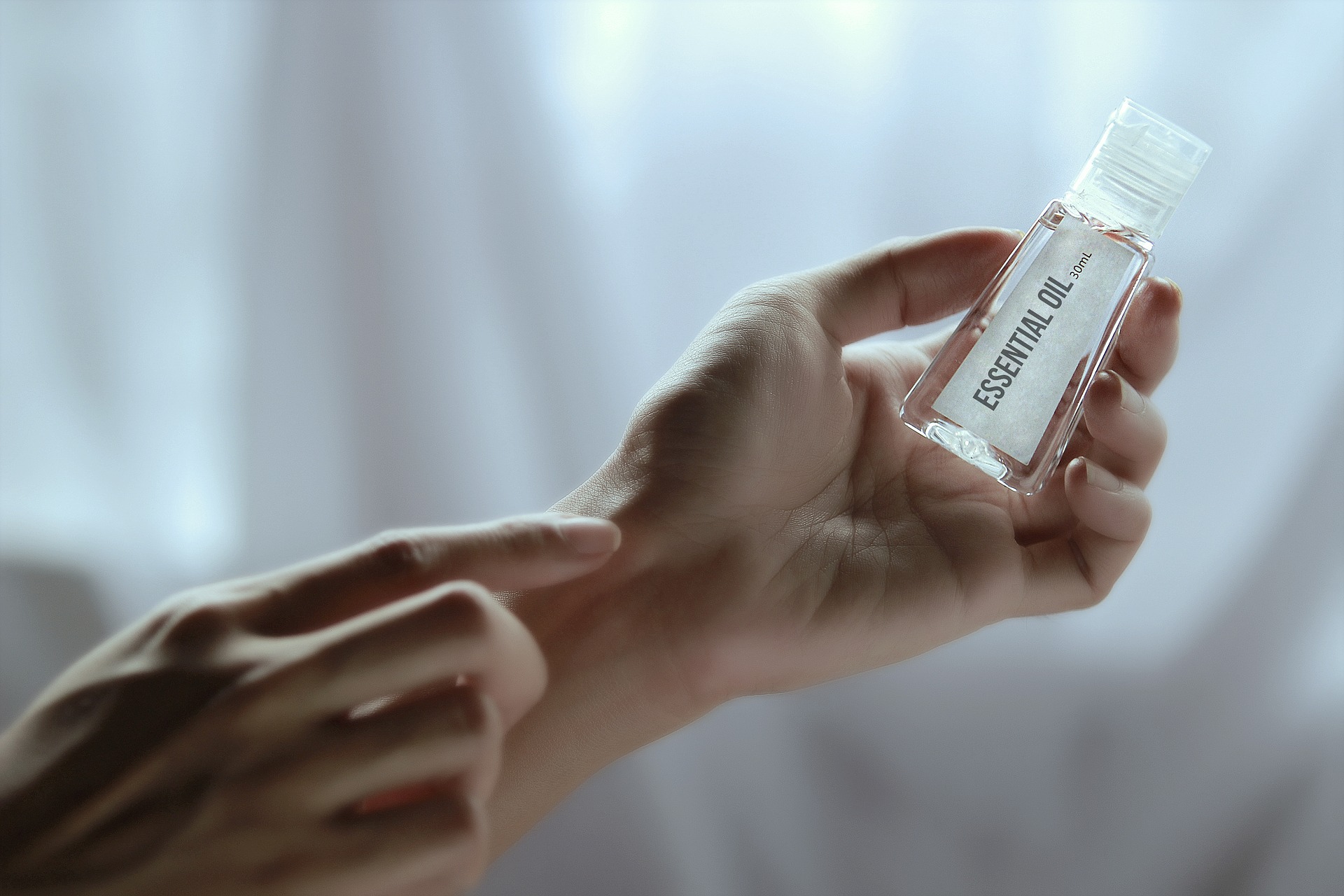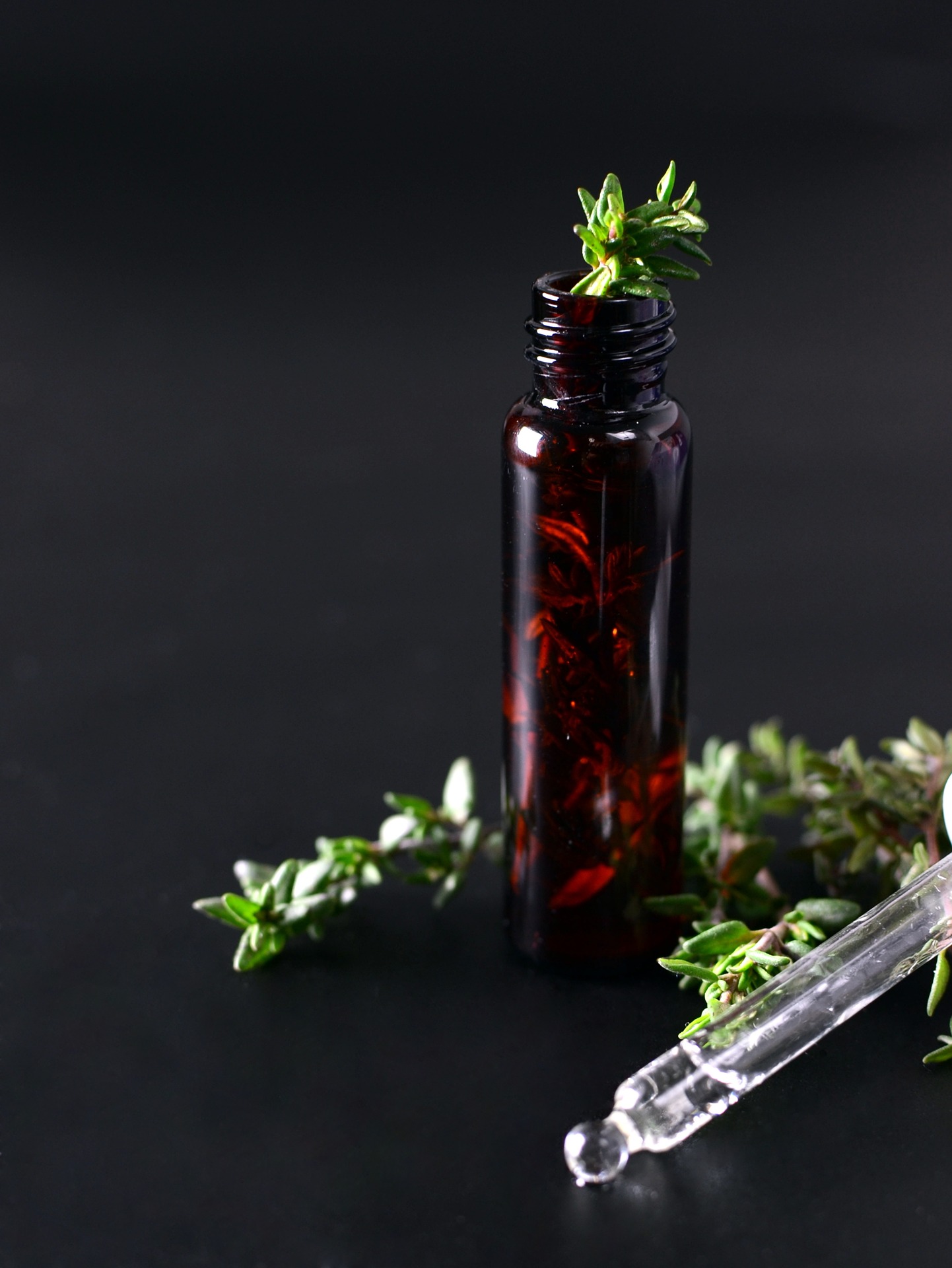by Robert Tisserand
I have always believed that it is important for aromatherapy to move out of the realm of “quack medicine” and to be established as a viable modality. It is really not helpful to this process when claims are made for essential oils that have no established clinical basis. This may help to sell more essential oils, but it also undermines the validity of using them in healing. This has been highlighted with the current pandemic. Using essential oils is one thing, but claiming that any are viable treatments is quite another. When exactly does “sharing information” cross a red line? Unfortunately, it’s not simple.
This post is not about whether essential oils or aromatic plants might offer some protection against, or might even be a treatment for SARS-CoV-2, the cause of CoVid-19. This is an ongoing question, and an important one, but for now see a previous post. This post is purely about the claims, and why you may not see many aromatherapists jumping into action with protocols and essential oil prescriptions.
Whether you are a practitioner, manufacturer, or seller of essential oils, if you make an unfounded medical claim, you may be at risk of prosecution – or you may have your post on a social media platform taken down. This partly depends on where you live in the world, but if you sell essential oils, and make unfounded claims about treating COVID-19, you are effectively flying a very large red flag. Many “borderline legal” claims are being made, and often with vague reference to “antiviral” essential oils, and again, I’m not saying they cannot help at all. But we should be aware that for many, essential oils are already viewed as very, very fringe medicine. This Wikipedia page has a long list of touted cures for CoVid-19, including drinking cow urine and applying cow dung to the body. (I’m aware that cow urine may not sound completely strange in some parts of Asia or Africa but it’s still an unfounded claim.) The same page lists essential oils among the “so-called cures” being discussed in social media.
Many “borderline legal” claims are being made, and often with vague reference to “antiviral” essential oils, and again, I’m not saying they cannot help at all. But we should be aware that for many, essential oils are already viewed as very, very fringe medicine. This Wikipedia page has a long list of touted cures for CoVid-19, including drinking cow urine and applying cow dung to the body. (I’m aware that cow urine may not sound completely strange in some parts of Asia or Africa but it’s still an unfounded claim.) The same page lists essential oils among the “so-called cures” being discussed in social media.
Legal background
Stating that a substance can prevent disease is generally no different than claiming it can cure or treat, though the language that constitutes a medical claim varies between countries and agencies to some degree, and in some cases, disclaimers are legally meaningful. However, claiming treatment for a viral infection or cancer – unless for an approved medicine – are obvious infractions.
In the USA, the FDA and the FTC work together, and you will see both mentioned below. Medicines agencies in other countries include Health Canada (Canada), MHRA (UK), ANSES (France), and TGA (Australia). Most countries have some form of institution that oversees the quality of medical preparations, and their indications – which conditions they can be used to treat. There are clear guidelines and standards for what kind of evidence is required, and for quality control and manufacturing. Getting approval takes years, it is expensive, and it is designed, at least in part, to protect patients. You may not like the regulatory agencies, the pharmaceutical companies or the medicines they produce. But be aware that a handful of approved medicines are based on essential oils, especially in Europe.
Social media
Claims on social media for essential oils may not be illegal, and this may depend on what the person is saying, whether they sell a brand of essential oils, and where they reside – governing law for digital content is a notoriously grey area. Making all this even more complex is the fact that social media platforms make their own rules, and they are not necessarily enforced in a uniform way. YouTube has banned what it considers to be inappropriate claims – “medically unsubstantiated content” – in regard to the coronavirus. Facebook has been very much less active in this regard, though some content on essential oils has been removed, and in theory it takes a similar approach to YouTube, though the reality seems to be somewhat different.
Other than having your content removed or your account suspended, repercussions from social media are limited. However, if you sell or promote a brand, the legal agency for medicines in your country may be paying attention to your content.
FDA & FTC
The FDA has limited resources, especially considering all the areas it covers: pharmaceuticals, food and beverages, dietary supplements and cosmetics, and this includes the burgeoning cannabis industry in all of these areas. Their approach, perhaps necessarily, involves making examples of high-profile cases. However, with the current coronavirus pandemic, the FDA, with the help of the FTC, seems to be more vigilant.
On March 9th 2020 the FDA announced that they had sent warning letters to seven companies that claimed their products could treat or prevent COVID-19. Two of these companies are sellers of essential oils: GuruNanda LLC and Quinessence Aromatherapy. As far as we know, all of the claims were quickly removed from websites. Several of the other claims were for colloidal silver. Since that date, the FTC has posted a very much longer list of companies sent warning letters: “The Federal Trade Commission has sent warning letters to companies allegedly selling unapproved products that may violate federal law by making deceptive or scientifically unsupported claims about their ability to treat or cure coronavirus (COVID-19).”
Multi-level marketing companies
CNBC claims to have “found dozens of examples where sellers for multilevel marketing, or MLM, companies, such as  doTerra and Young Living, claim on Facebook that their products can prevent consumers from getting coronavirus. We have not verified this, and it is possible that such claims were not made by those companies, but by re-sellers of their products. Whether the companies or the re-sellers would be liable in such instances is another legal grey area, but the FDA continues to hold the companies ultimately responsible for messaging associated with their brands. An April 24th 2020 press release from the FTC includes this statement: “The letters refer the companies to the agency’s guidance for MLMs, remind them that they are responsible for the claims made by their members and representatives, and advise the recipients that they and their members must immediately cease making all claims that would be false or misleading.”
doTerra and Young Living, claim on Facebook that their products can prevent consumers from getting coronavirus. We have not verified this, and it is possible that such claims were not made by those companies, but by re-sellers of their products. Whether the companies or the re-sellers would be liable in such instances is another legal grey area, but the FDA continues to hold the companies ultimately responsible for messaging associated with their brands. An April 24th 2020 press release from the FTC includes this statement: “The letters refer the companies to the agency’s guidance for MLMs, remind them that they are responsible for the claims made by their members and representatives, and advise the recipients that they and their members must immediately cease making all claims that would be false or misleading.”
You may remember that in 2014, both Young Living and DoTerra were sent warning letters by the FDA concerning claims that essential oils could “help prevent your contracting the Ebola virus” and in at least one instance, “effectively kill the Ebola virus.” Many other medical claims are also listed by the FDA: Young Living warning letter; DoTerra warning letter. Since that time, those companies have made considerable efforts to conform to FDA guidelines and to inform their re-sellers about what can or cannot be said.
In 2000, one of the largest sellers of essential oils in the USA at that time, Aroma Vera of Los Angeles, was found to have violated California law through making unfounded claims for essential oils. This was not an FDA prosecution, and although many of the company’s claims seemed completely innocuous (enhancing mood, nourishing the skin..) Aroma Vera never seemed to recover, and closed its doors the following year.
France
The French organization ANSES (a consumer protection watchdog for medicines and food) has taken the approach of warning consumers about the dangers posed by diffusing essential oils. The full text (in French) is here and it includes the following, shown here as a translation into English:
“# COVID-19 and essential oils: no, essential oils are not a means of fighting coronavirus
In the context of the health crisis linked to COVID-19, ANSES and the network of poison control centers are closely monitoring calls for a reason associated with COVID-19. This census aims to identify risk situations in order to make recommendations. Several origins of risk situations have been identified by Poison Control Centers, including the use of essential oils.
Various particular risky circumstances have been identified: self-medication by the use of essential oils by the oral route to “strengthen natural defenses” and “fight against the coronavirus”, spraying of essential oils to “clean up a confined space” by a person at risk (asthmatic person), or inappropriate use to disinfect a surgical mask, for example.
ANSES recalls that essential oils are not a means of combating the coronavirus. It is important to respect the conditions of use of these oils (route of administration, dose, area of application, etc.). ANSES and the Poison Control Centers recommend that people suffering from respiratory ailments (especially asthma sufferers), and pregnant or breastfeeding women, not to use essential oils. Before any use, and in case of questions about the use of essential oils, ask a pharmacist for advice.”
While issuing this warning, ANSES has not, as far as we know, issued any direct warnings to sellers of essential oils about claims made in regard to SARS-CoV-2. We are not able to comment on the broader situation in terms of medical claims for products in the EU, however there are similar rules to those in the US. (I believe the cautions in regard to asthma sufferers and pregnant or breastfeeding women are reasonable, though I’m not sure that complete avoidance of essential oils is necessary.)
Practitioners
 While the regulation of aromatherapy as a profession is painfully lacking all over the world (and that is a topic for a different post), the regulations on health care, and who can provide it, are generally very clear. Unless you have the necessary qualifications, recommending treatment to another person may constitute practicing medicine without a license, which can lead to serious legal repercussions, not to mention the risks of litigation in case of harm.
While the regulation of aromatherapy as a profession is painfully lacking all over the world (and that is a topic for a different post), the regulations on health care, and who can provide it, are generally very clear. Unless you have the necessary qualifications, recommending treatment to another person may constitute practicing medicine without a license, which can lead to serious legal repercussions, not to mention the risks of litigation in case of harm.
Conclusions
There is little evidence, even in the conventional pharmaceutical arena, for a working treatment for SARS-CoV-2. It may be tempting to tout natural products, including essential oils, as potential solutions to the problem. Such claims can pose significant risks for a business or an individual, and can damage the already precarious reputation of aromatherapy. But, pushing legal limits not unusual in business.

Thank you for this wonderful article. i could not agree more! i appreciate the adherence to ethics, science, and accurate information that is always provided by the Tisserand institute.
Is there any EO that could support better immunity if not cure or prevent? Thank you.